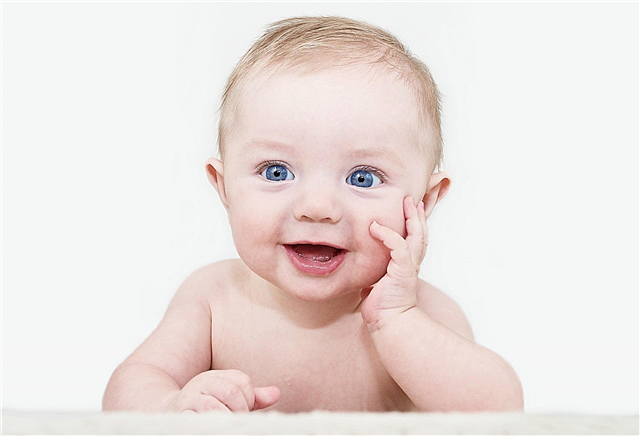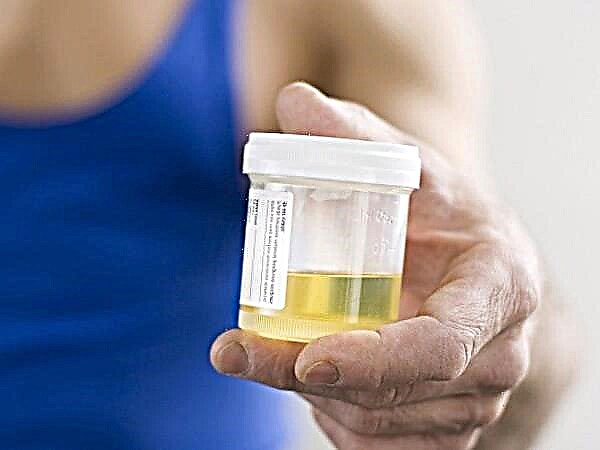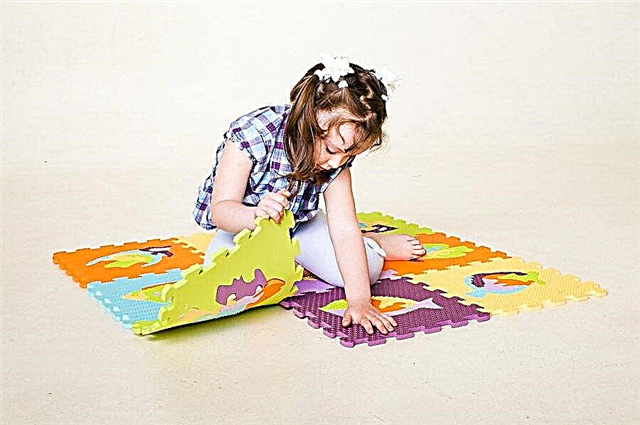
Such a problem as enuresis is one of the most significant in pediatric practice, because it has a socio-psychological aspect. Children with this pathology have to constantly experience discomfort. Why does urinary incontinence occur and how to help a child with such a delicate problem?
Kinds
Enuresis is isolated, when there is no incontinence in the daytime, and also combined, if incontinence is manifested both at night and during the day. If enuresis is the only symptom, then this type of incontinence is called monosymptomatic. When a child has urological, endocrine, psychological or neurological disorders, such enuresis is considered polysymptomatic.

They also distinguish the primary form of the disease and the secondary. If enuresis began at an early age, the child did not have a period without nighttime urination, and there is no connection with stress and there are no symptoms of the disease, they speak of the primary form. If the child has not urinated at night for more than 6 months, and if the influence on the child of stress, various diseases, mental factors and other reasons is suspected, secondary enuresis is diagnosed.
Causes
The following factors lead to the appearance of enuresis:
- Heredity, causing a violation of the production of vasopressin. 50% of children with bedwetting have relatives with a similar problem. If one of the parents had enuresis, there is a 40 percent chance that the baby will develop this problem. If both parents had incontinence, the risk of developing the same pathology in a child is 70-80%.
- Decreased functional capacity of the bladder. This means that the child has a reduced volume of urine that he can hold in the bladder until the moment of a strong urge to urinate. Until the age of twelve, this volume is calculated as follows: the age in years is multiplied by 30 and added 30. A low capacity is called a capacity that is less than 2/3 of the norm. With such a capacity, all the urine that is produced during the night cannot be kept inside.
- Diseases of the urinary system. Enuresis can be a symptom of congenital anomalies and can also occur with pyelonephritis or cystitis.
- Neurological pathology. The child may have a delay in the maturation of the nervous system, so he later begins to control urination. Also, pathologies such as epilepsy, infectious or organic brain diseases can lead to enuresis.
- Psychiatric illnesses. Enuresis is noted for schizophrenia and intellectual disabilities.
- The impact of psychological factors - nervous and physical overload, stress, depression, conflict and others.
- Chronic constipation.
- Diabetes mellitus or insipidus.
- Infection with worms.

Neurotic enuresis
Neuroses and nervous disorders very often lead to urinary incontinence. Severe stress can lead to this type of enuresis, for example, moving, losing loved ones, divorcing parents, punishment, losing a pet, giving birth to a sister or brother, changing school, and others. Also, this type of incontinence can appear after severe overwork.
To get rid of neurotic enuresis, it is important to establish the cause of the baby's neurotization, and then eliminate it. In treatment, a lot of attention is paid to psychotherapy, often sedatives are prescribed.
Diagnostics
It is quite easy to identify such a problem, because the child and his parents will complain of frequent or constant urinary incontinence. Next, the doctor must establish the cause of this trouble and determine the form of enuresis, since this is important for the appointment of treatment.
To correctly identify the causes of incontinence, you need to know:
- Whether the child's parents or other relatives had enuresis.
- Was there a period of "dry nights".
- Does the child have nocturia (more urine is excreted at night than during the day).
- What is the specific gravity of urine excreted at night.
- Does the child have an increased thirst or drink a lot in the evening?
- Does the baby have mental or neurological disorders?

They also prescribe a study of hormones, consultation of narrow specialists, urine and blood tests, ultrasound examination, uroflowmetry and other tests. Parents are instructed to keep a diary in which they need to record the volume and frequency of urination.
Treatment
The main emphasis in the therapy of enuresis should be given to non-drug methods - to establish a regimen, motivate the child, follow a certain diet, and do therapeutic exercises. It is very important to motivate the child for the success of treatment, constantly praise for each dry night, explain why it is important not to drink and go to the toilet before bed.
If the problem is low capacity, your doctor will advise you to exercise your bladder. For this, the child is given a lot of drink during the day and is offered to endure as long as possible.
In many cases, physiotherapy and psychotherapy are used in treatment. For hereditary enuresis, a synthetic analogue of the hormone vasopressin is prescribed. Also, drug therapy is indicated for neurogenic disorders of the bladder, neuroses and somatic diseases.
Folk remedies
Traditional medicine can help in getting rid of bedwetting as an additional measure. In addition, before using any folk remedy, you should consult with your doctor.

The child can be given:
- Dill seed infusion. A large spoonful of seeds should be brewed with a glass of boiled water and left for one hour. Children under 10 years of age are given 1/2 cup each, over 10 years of age - a whole glass. The remedy is recommended to be drunk on an empty stomach for ten days.
- St. John's wort decoction. Pour two tablespoons of chopped herbs with a glass of water and boil for ten minutes. The cooled broth is given 1 / 2-1 glass at night.
- Honey. Give your baby a teaspoon before bed every day. This product retains fluids well and soothes the nerves.
E. Komarovsky's opinion
The renowned pediatrician notes that enuresis is a temporary phenomenon associated with the formation of a special focus in the child's brain that stimulates urination during sleep. Since such a focus occurs in the maturing brain, this unpleasant phenomenon disappears over time. According to Komarovsky, the existing and used methods of correcting bedwetting are not fully effective, although in some children certain methods of treatment bring good results.
According to the popular doctor, the most effective method for treating incontinence, popular abroad, but practically not used in our country, is a urinary enuresis alarm clock. It is a moisture-sensitive sensor connected to an alarm clock with a thin wire or wirelessly and placed in the child's panties.

As soon as the child releases even a drop of urine, the sensor reacts to it and the alarm clock vibrates or rings. As a result, the child wakes up, stopping urination, and goes to urinate in the toilet. Within two to three months of using such an alarm clock, the cure of enuresis is observed in almost all children.
Since the method assumes the child's ability to use the alarm clock, it is recommended for children with enuresis over 7 years of age.

Tips for parents
- It is important that the family environment is calm, especially in the evening. You should avoid active games and watching TV in the evening, do not punish the child and do not quarrel in front of him in the evening.
- Do not punish or scold your baby after episodes of urination in bed. This does not solve the problem, but only worsens your relationship and the child's self-esteem.
- It is important to properly organize a sleeping place for the child. Find a fairly firm and level bed for your baby. Hide the oilcloth completely under the sheet. Monitor the temperature and humidity in the room. Let the child learn to sleep on his back.
- If enuresis is caused by a low bladder capacity, lift the leg of the bed or place a small cushion under the baby's lap.
- Make sure your child goes to bed at the same time every day.
- For dinner, do not give your baby foods that have a diuretic effect - fruits, vegetables, dairy products, caffeinated drinks. A good choice for an evening meal would be porridge, meat and fish dishes, boiled eggs, weak tea. Right before bedtime, it is recommended to give the child food that can retain liquid, for example, cheese, herring, honey, bread and salt.
- It is important to ensure that the child urinates at least three times within an hour before falling asleep.
- Turn on a night light in the baby's room so that the baby can urinate without fear when he wakes up at night for this purpose.



